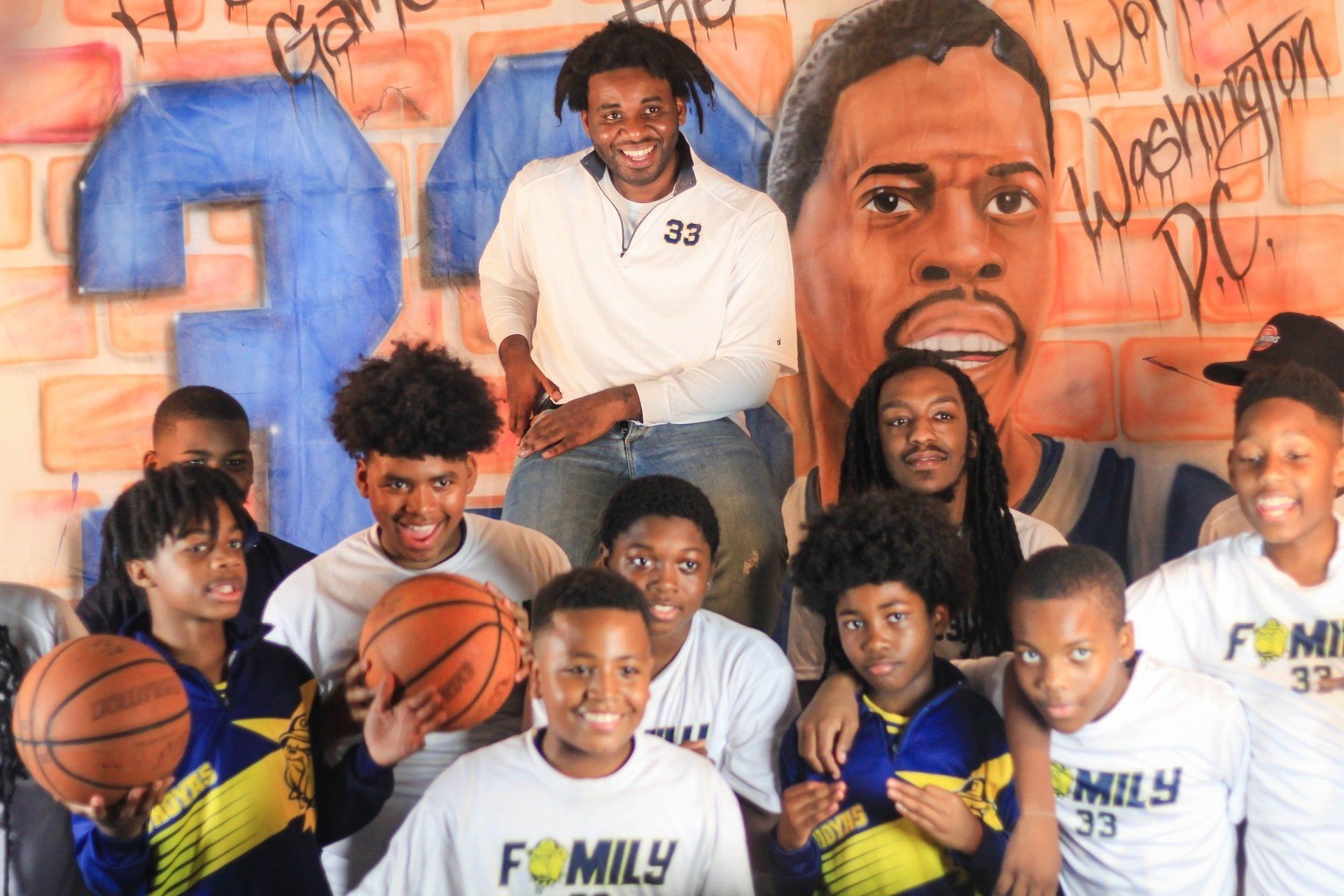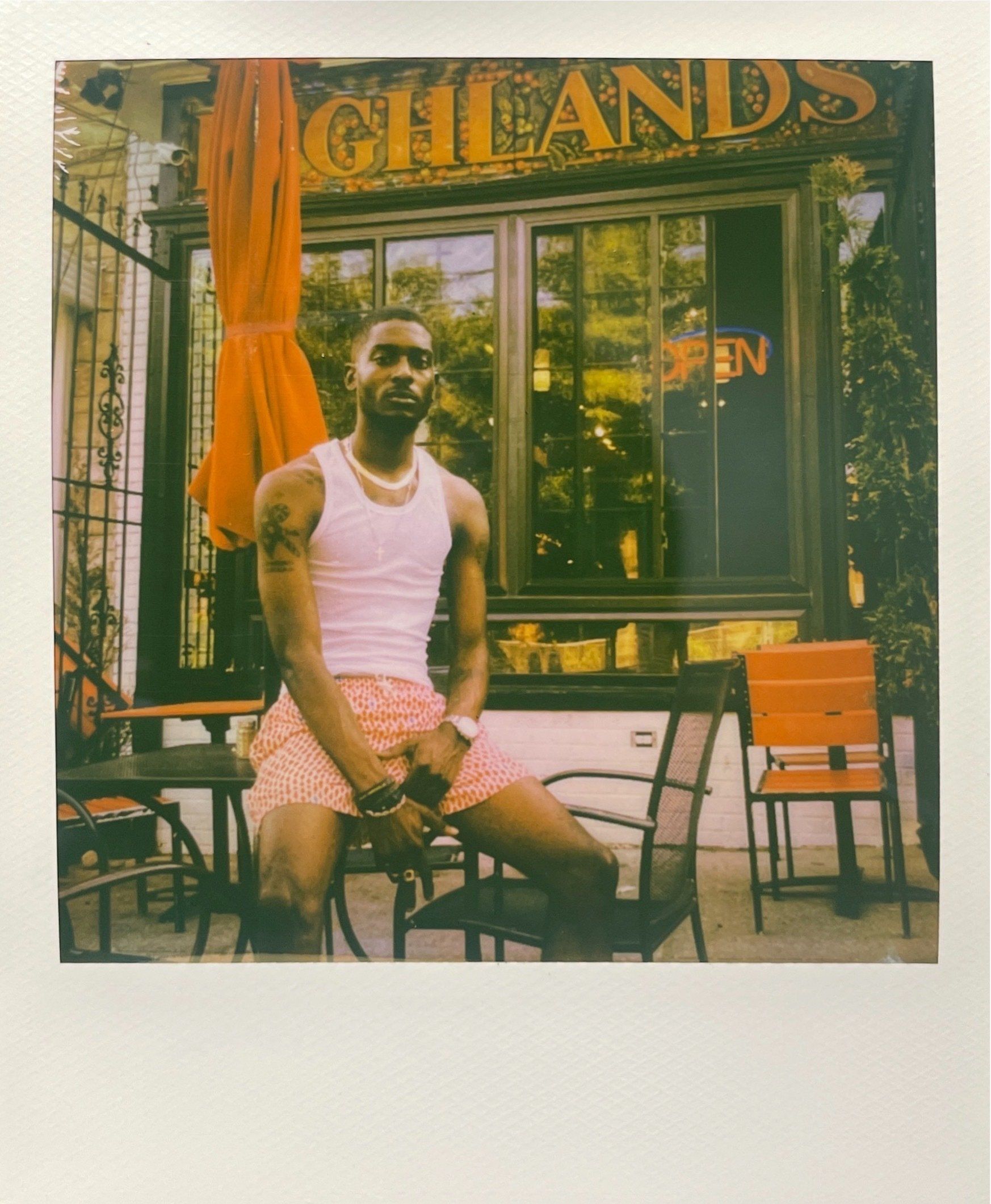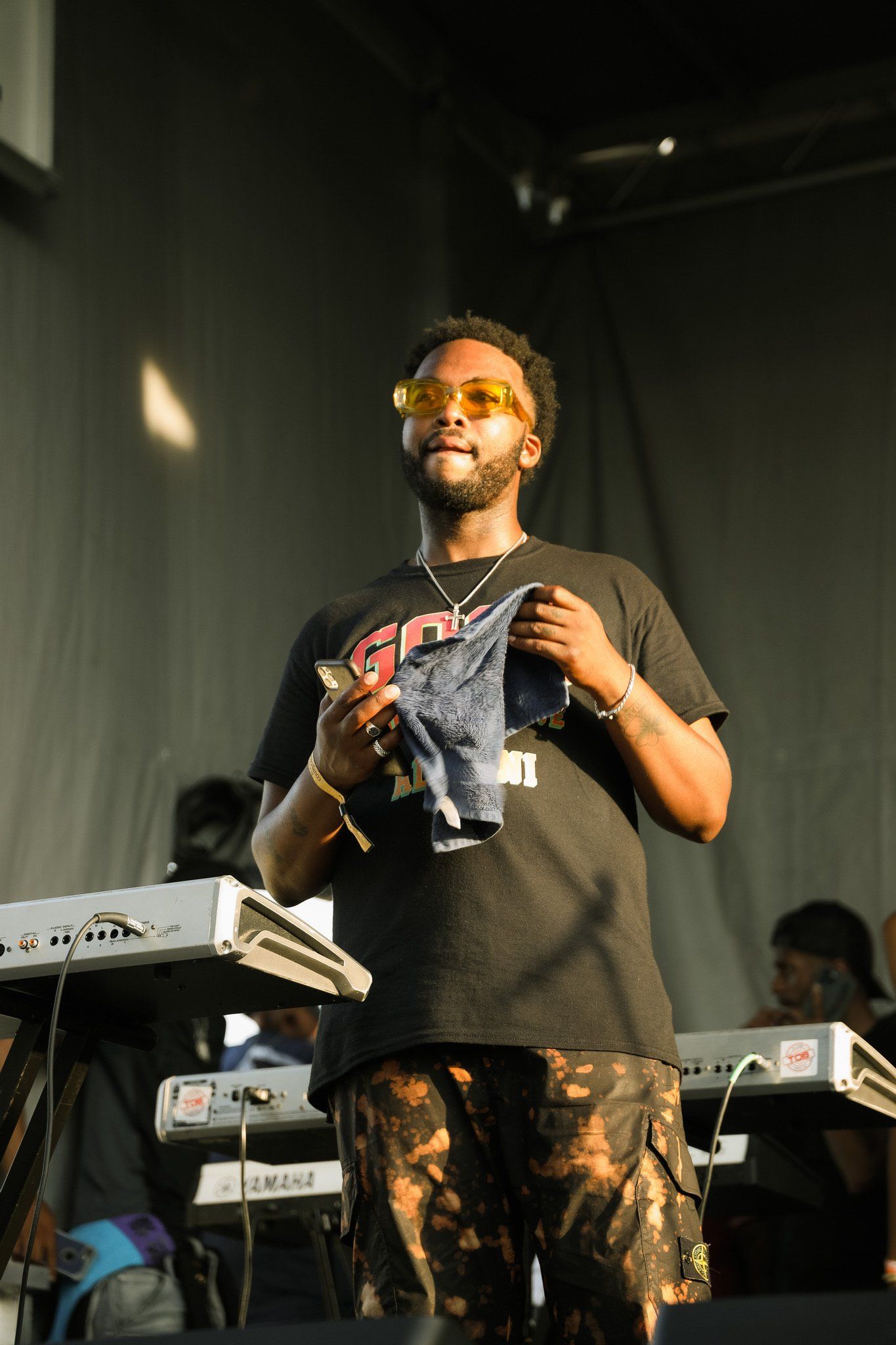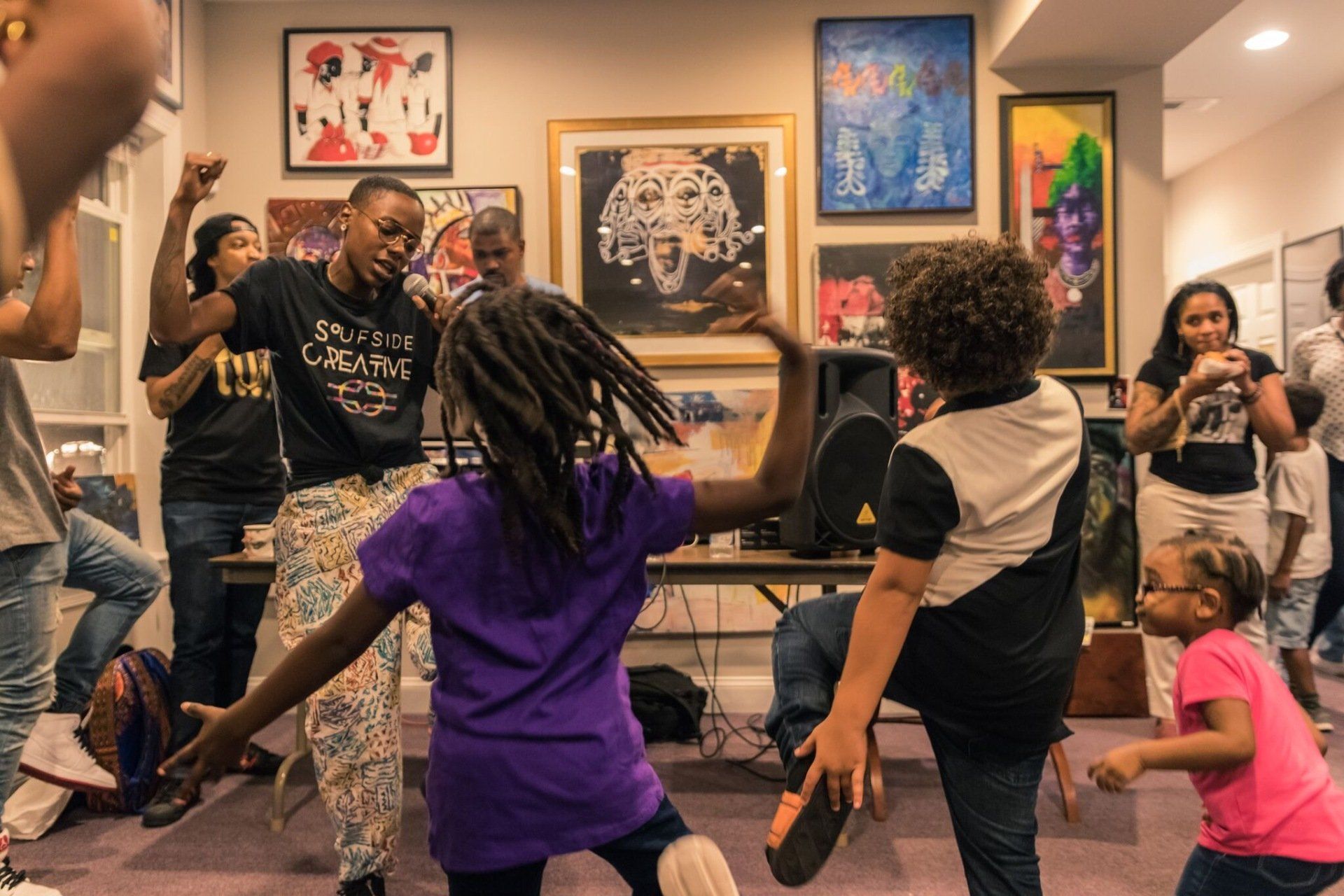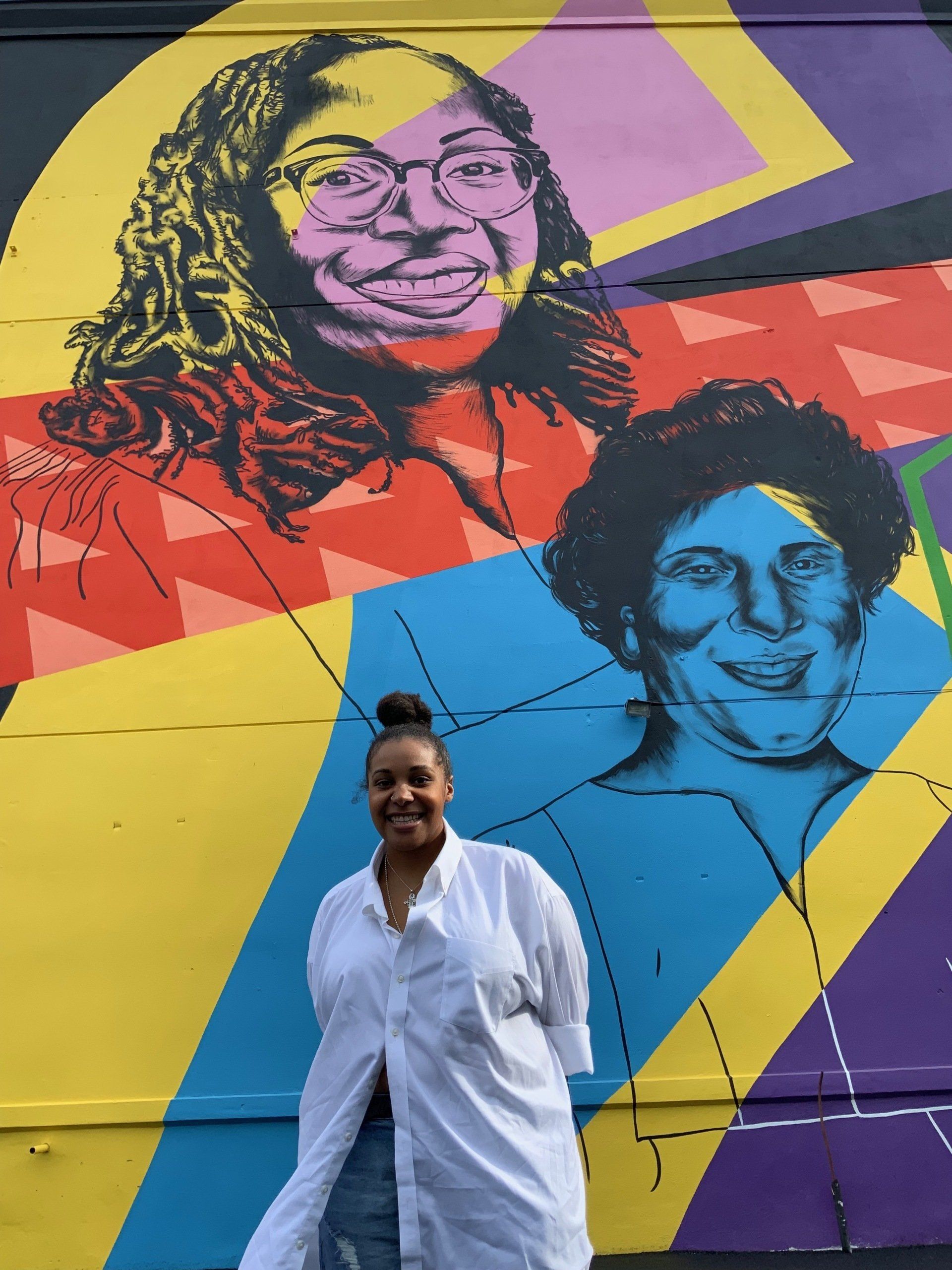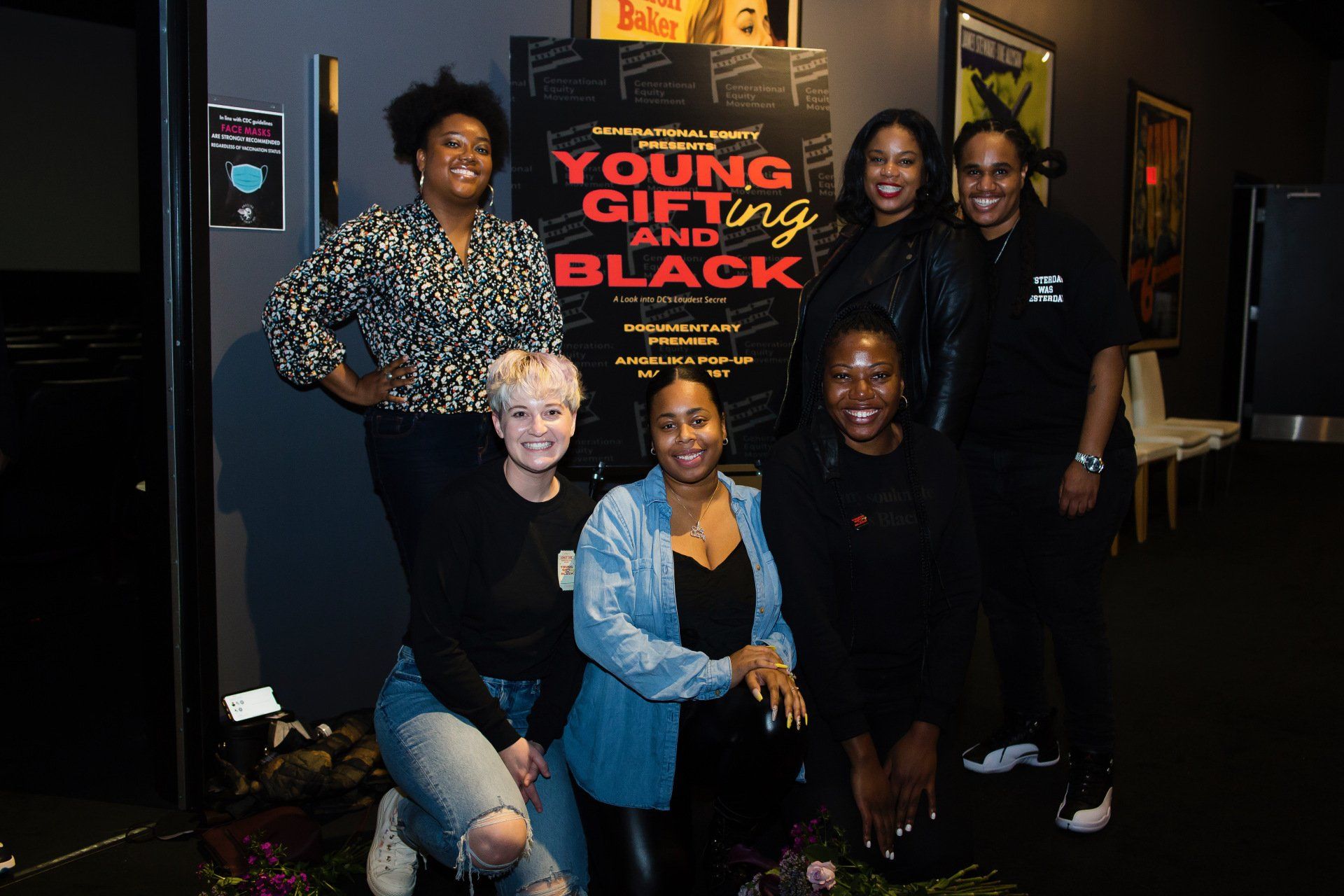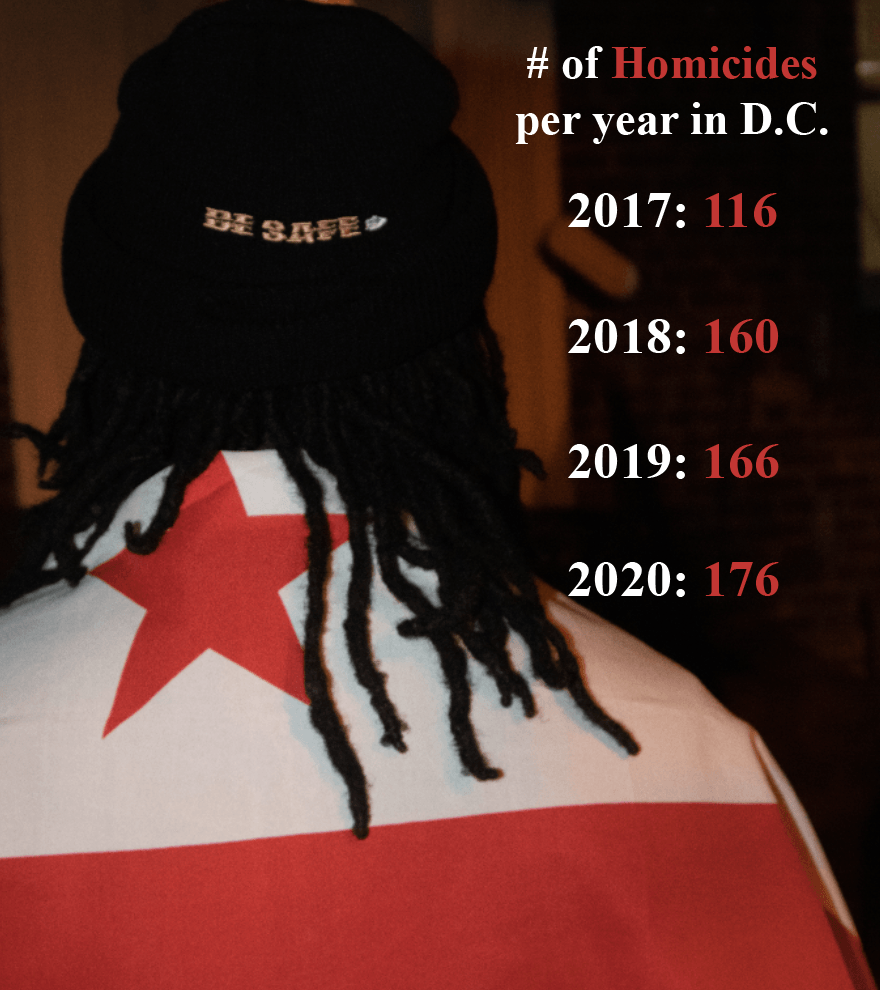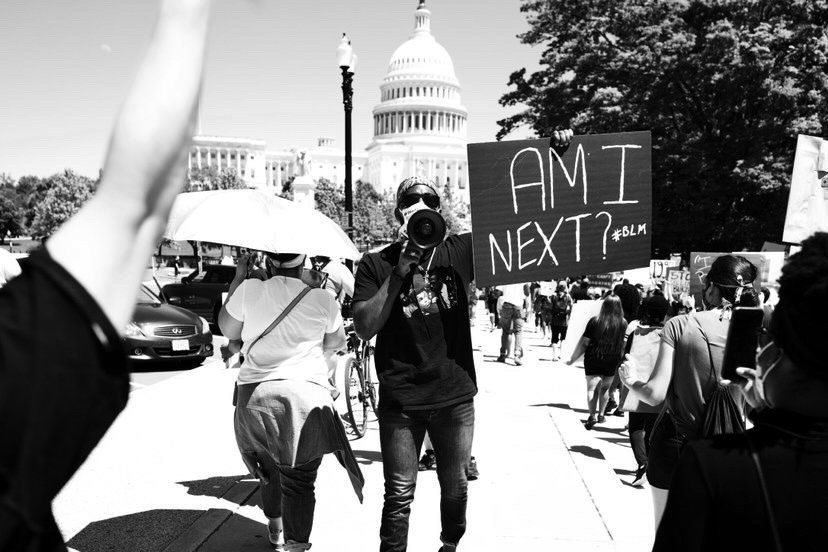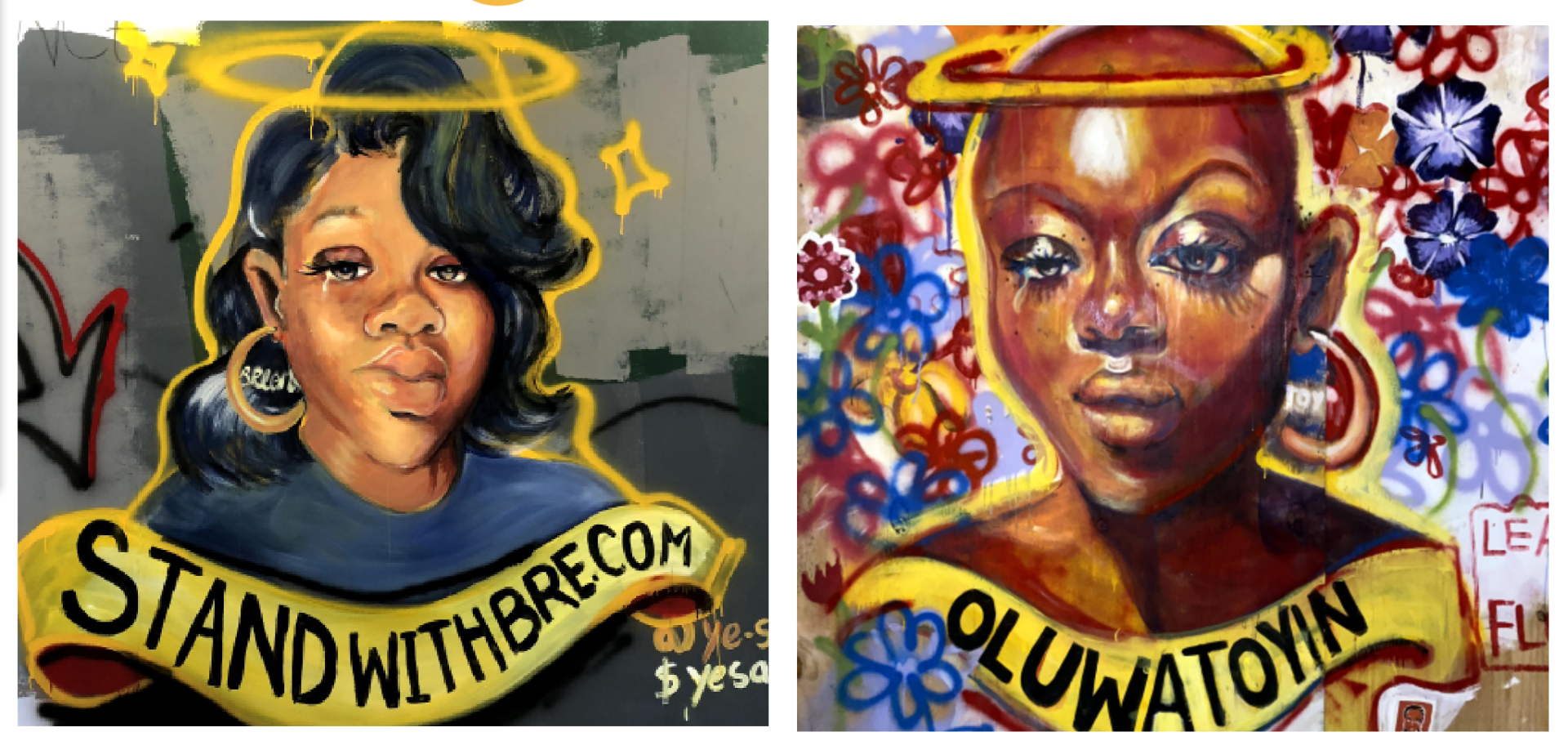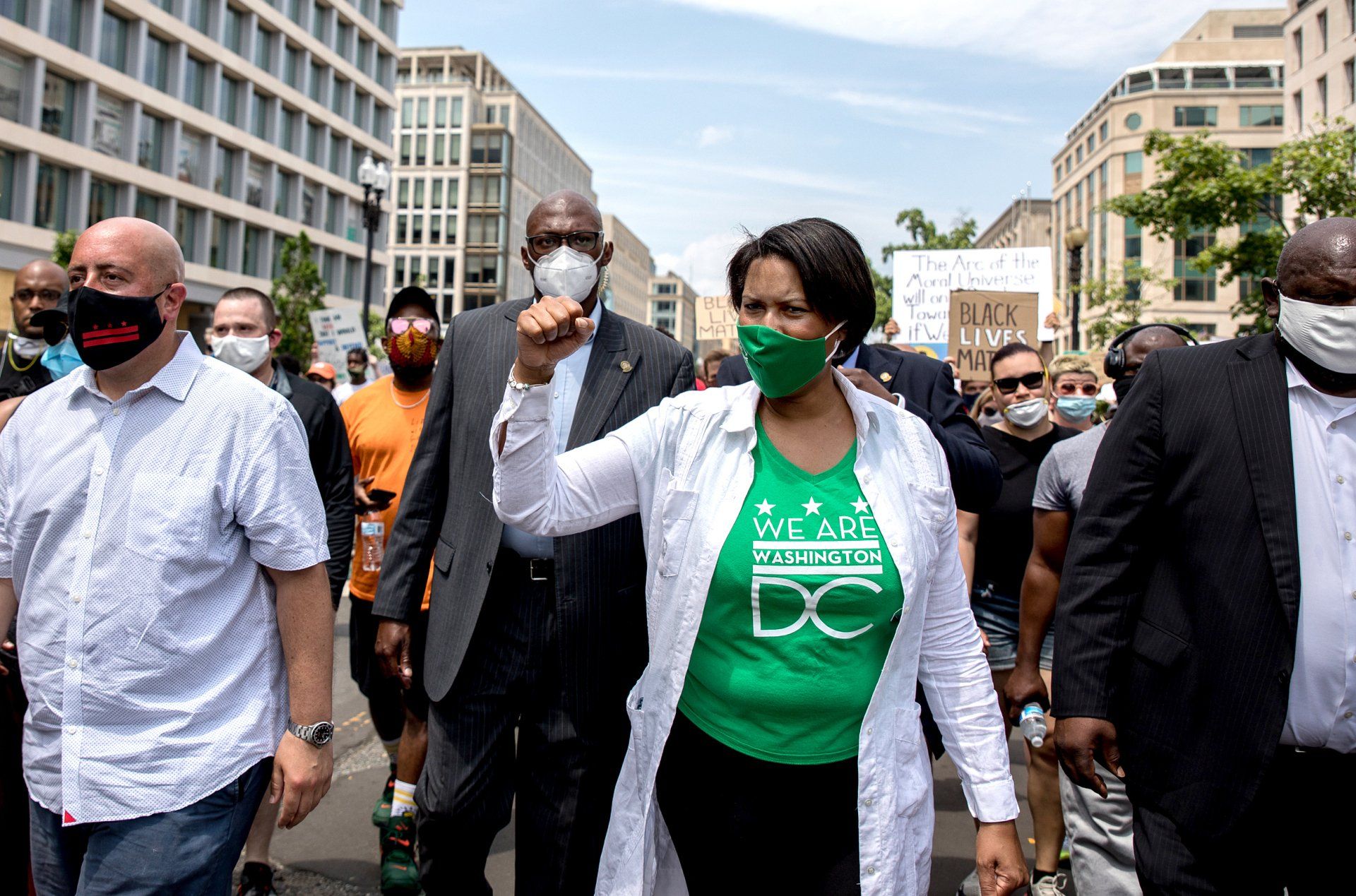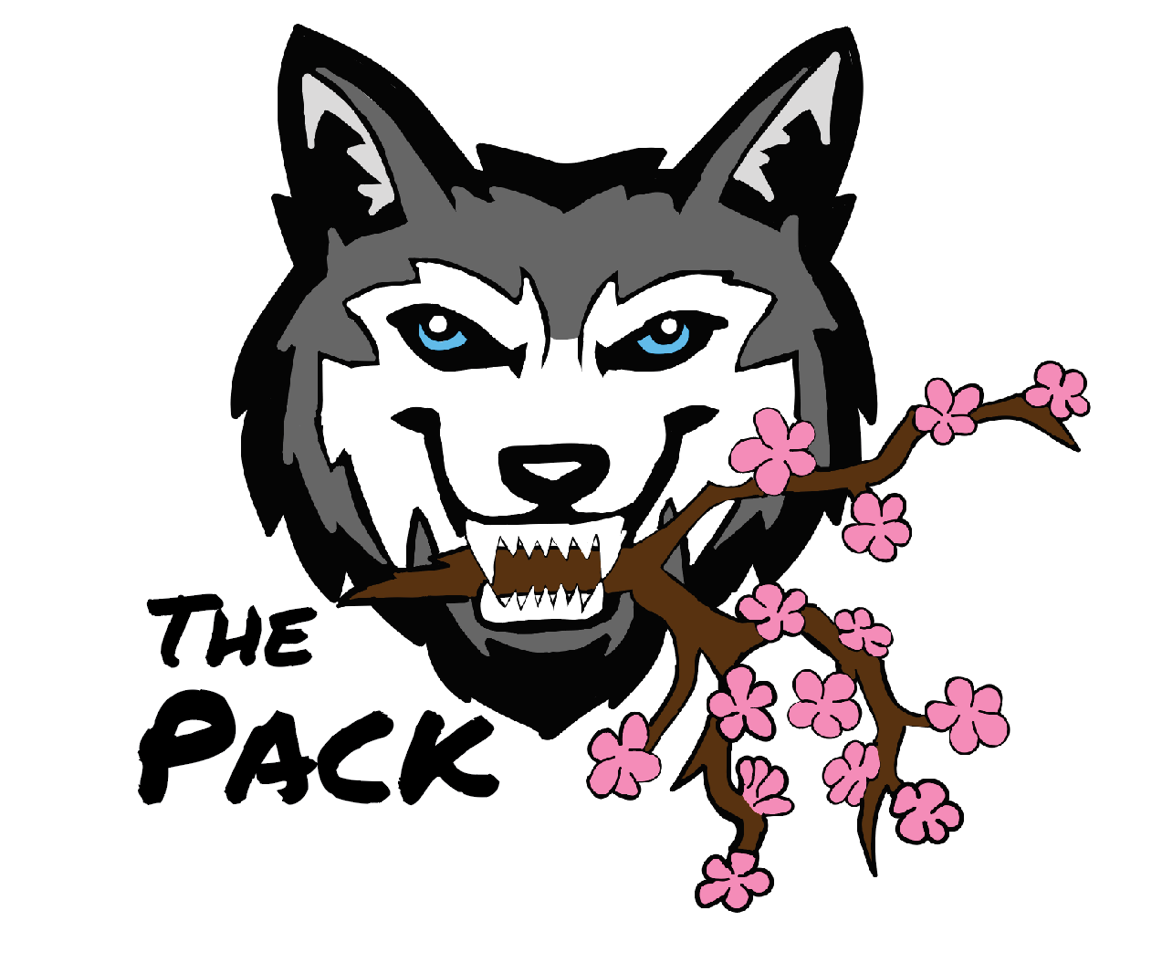An Interview with Frontline Women: Advocating on behalf of the people of Washington D.C.
from our PACK Express project...
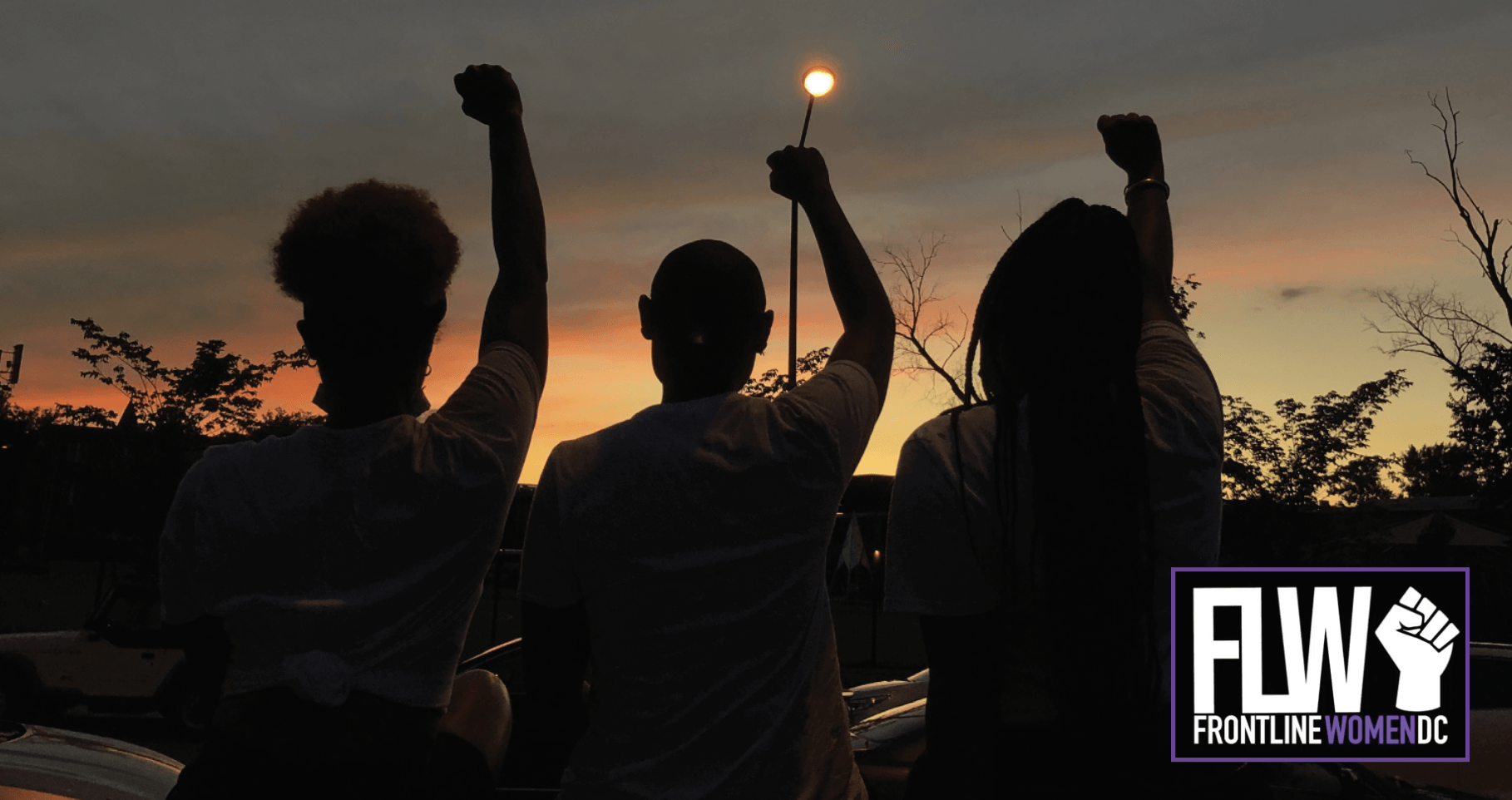
Activism is inspired by a call to action. People observe a need that is often neglected and ignored; and that neglect elicits action. This has been a constant theme for the year 2020, which has been plagued with the COVID-19 pandemic and racial strife in the country, especially within the nation’s capital, Washington D.C. Frontline Women DC, a group of young black women who are advocating for the needs of Washingtonians are one of the best examples of recognizing areas of neglect, and organizing to address them head on.
In early June, they came together in reaction to the death of George Floyd, a definitive last straw for many black people who were tired of hearing about police encounters ending with the same deadly result.
“The inspiration was definitely through the George Floyd protests. That’s when we came together right at the beginning of June. We really just wanted to make an impact and we didn’t know exactly how we were going to do that, but we just wanted to be a part of this special moment in history. It was like a really weird time and it’s just like, I want to do something. I can’t sit home and watch this on social media and on TV and not be a part of the movement.”
The need to participate in the overall movement for justice translated into the formation of Frontline Women. Subsequently, the group organized resources from district residents across the city to provide protestors with food, water, and general financial support to help protests spread their messages.
Though their advocacy started with a desire to support protestors of racial injustice, Frontline Women’s mission has expanded into many areas that directly addressed problems DC residents are facing, especially when it comes to black women.
“We wanted to center black woman because we felt like in the movement in general and also in DC, we don’t really see the focus of a lot of the movements and activism here being black woman. So we wanted to create the space for ourselves. A lot of black are black women are abused, killed, violated by the police and just by the system in general, that gets overlooked. I think when you have an organization that is founded by black women, we’re always going to put those issues first. For example two girls back in June, were murdered in DC. It wasn’t by the police, but we are still victims of violence within our community and outside our community. We really made an effort to donate to their go fund me’s and spread awareness to violence against black women in DC. I think it’s important to have things that are for us by us when it involves black women, because we’re always going to champion us.”
Saige Ballard and Zymia Joyner are the young women referenced. They were two black teenagers who were murdered due to the rampant gun violence that has taken place in DC this year, especially during the summer. When Frontline Women heard of their stories, they immediately used the profile they built aiding protestors in order to funnel aid and support to those two families.
Since the summer, Frontline Women DC have organized a series of events to give DC residents resources. Grocery giveaways to Wards 7,8, which are areas that have been historically disenfranchised due to their demographics and location. School drives to provide supplies, as many children went back to school in September without the same familiar infrastructure present. As election season approached, they mobilized to register people to vote, as well as sharing important information with their communicates about how and where to vote.
Though they have been able to organize and provide resources to support many communities in DC, members of Frontline Women DC sounded off on a number of issues that are on their radar moving forward:
“I think one of the biggest issues is definitely the lack of access to healthy food across the city, food insecurity in general. As DC has become more gentrified those neighborhoods before that didn’t have access to grocery stores, maybe only have like a corner store, now have grocery stores and things like that only because white people have moved in the neighborhood. You can see that these places where white people haven’t moved yet still don’t have access to groceries. Someone should be able to walk down the street and get food because everyone doesn’t have access to cars.”
“I also think, to be a little more black women specific, DC is one of the most high risk places to have children in the country, especially if you live east of the river because there aren’t any hospitals, and the hospitals that are in DC right now outside of Howard, you can’t really go to most of them if you don’t have insurance or it’s going to be extremely expensive. That’s something that alarms me. That’s also a huge issue since we’re in the middle of a public health crisis; that there’s just not access to medical care, especially for black women, like there should be in a major city like DC.”
“A big thing is cultural and social awareness, just coming back to DC and seeing how gentrifiers, even black people who are new to DC, not understanding the culture. We would like to see more emphasis on teaching people about black DC culture. I just felt like a lot of people are just not culturally sensitive or aware of how inspirational DC’s culture has been and how it’s being taken away through gentrification.”
“DC has always been violent, but I feel like this summer in the past couple of years, it’s been super evident. We know that a lot of that is the effect of gentrification. People are being pushed together, but also there’s not a shared community responsibility just to keep everyone safe and alive anymore and that’s just stressful and kind of alarming to think about, especially as we get older and we’re going to start having kids and wanting to raise families here, it’s just not safe and we don’t feel safe when the police come. They don’t necessarily give the care and the proper attention to a lot of these cases like they should, the mayor doesn’t; It’s like us as activists and as community members are the only one who cares.We’re the ones supporting the families when they need help after they lost loved ones.”
“It kind of goes back to gentrification. I know growing up here, there were a lot more resources for homelessness. A lot of homeless people had a lot more shelters that they could go to. A lot of addicts had drug treatment programs that they could get into, and now it’s little to none. That’s extremely frustrating, especially with drugs being exposed to younger kids. A lot more people are on the street and there’s a pandemic on top of all of this. Homelessness is at such an alarming rate and then people are already being pushed out from some of the places that they are staying. It’s very concerning.”
You can follow Frontline Women DC on Instagram @FrontlineWomenDC in order to keep up with their community events, as well as receiving information on how to donate or volunteer.
